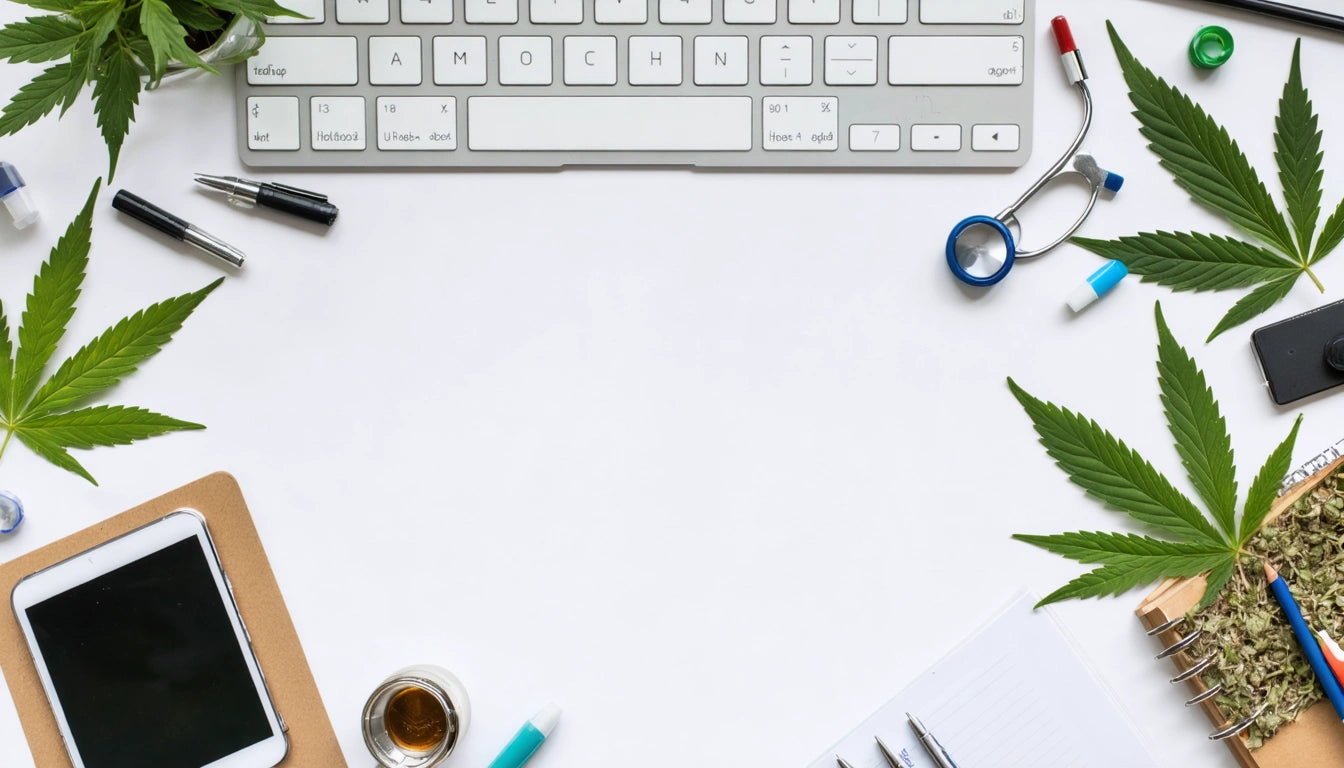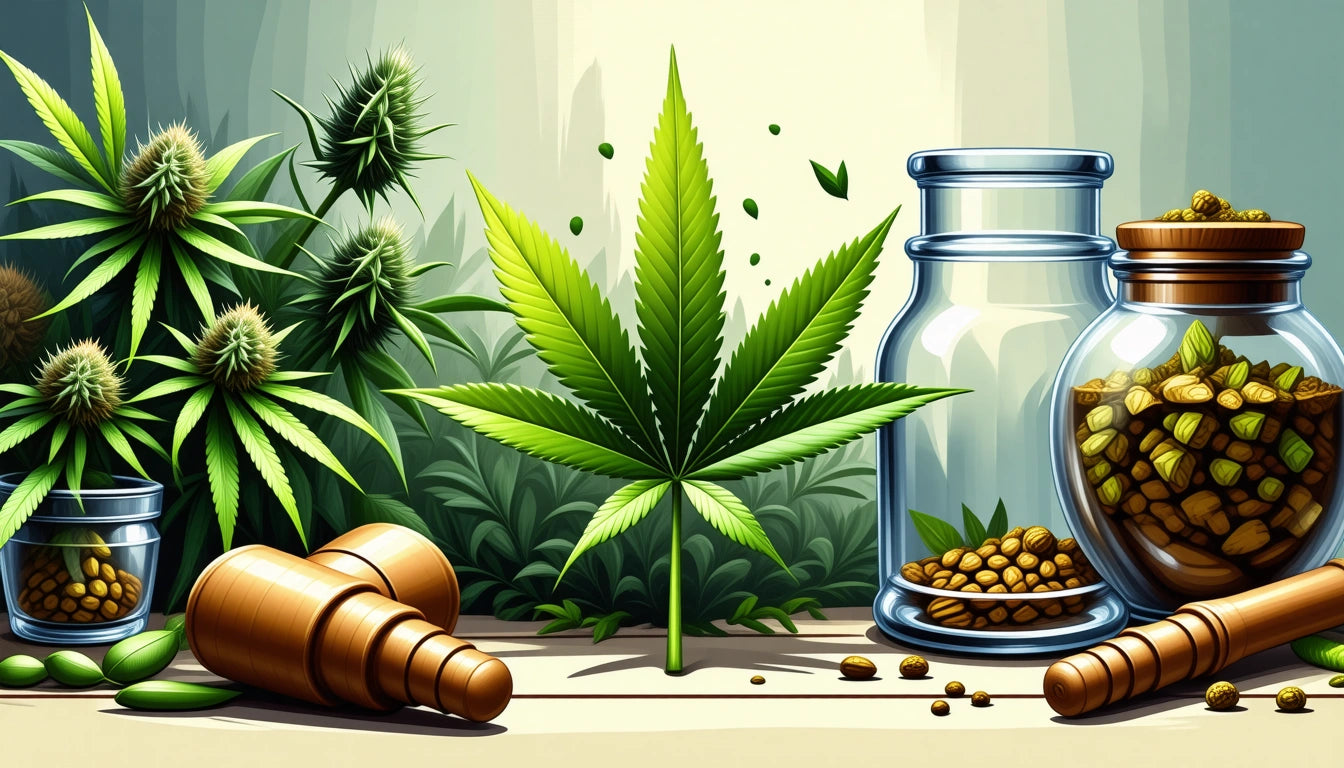Table of Contents
- What Is a Medical Marijuana Card?
- Eligibility Requirements for Medical Cannabis Cards
- The Application Process: What You Need
- Benefits of Having a Medical Marijuana Card
- Employment Implications and Drug Testing
- State Reciprocity: Using Your Card in Other States
- Safety Regulations and Packaging Requirements
- Future Considerations for Medical Cannabis Cardholders
Understanding Medical Marijuana Cards: Eligibility, Benefits, and Implications
Medical marijuana programs have expanded across the United States, offering patients with qualifying conditions legal access to cannabis for therapeutic purposes. For many individuals seeking alternative treatment options, understanding what a medical marijuana card is and how to obtain one remains confusing due to varying state regulations and ongoing stigma.
What Is a Medical Marijuana Card?
A medical marijuana card (also called a medical cannabis card) is a state-issued identification card that allows patients with qualifying medical conditions to purchase, possess, and sometimes cultivate cannabis for medicinal use. These cards provide legal protection under state law, though cannabis remains federally illegal as a Schedule I substance.
The physical card typically resembles other state-issued identification cards. What does a medical marijuana card look like? Most feature the patient's name, photo, identification number, issue date, and expiration date. Some states implement additional security features like holograms or QR codes to prevent counterfeiting.
Eligibility Requirements for Medical Cannabis Cards
Qualifying conditions vary by state but commonly include:
- Chronic pain
- Cancer
- Epilepsy and seizure disorders
- Multiple sclerosis
- PTSD
- Glaucoma
- HIV/AIDS
- Crohn's disease and inflammatory bowel conditions
- Parkinson's disease
- Terminal illnesses
Some states have more restrictive lists, while others allow physicians greater discretion in recommending cannabis. In Florida, for example, reasons for a medical marijuana card include debilitating conditions like cancer, epilepsy, glaucoma, HIV/AIDS, PTSD, ALS, Crohn's disease, Parkinson's disease, multiple sclerosis, and comparable conditions causing chronic pain.
The Application Process: What You Need
The requirements for obtaining a medical marijuana card typically include:
- Proof of state residency (driver's license, state ID, or utility bill)
- Medical records documenting your qualifying condition
- Certification from a qualified physician
- Application fee (varies by state, typically $50-$200)
- Completed state application form
When discussing your condition with a physician, honesty is essential. While some wonder what to say to a doctor to get a medical marijuana card, the focus should be on thoroughly documenting your symptoms, previous treatments attempted, and why you believe cannabis might help. Physicians are looking for legitimate medical needs, not coached responses.
For detailed guidance on obtaining a card in specific states, resources like this state-by-state guide can provide valuable information about local requirements and processes.
Benefits of Having a Medical Marijuana Card
Medical cannabis cardholders typically enjoy several advantages over recreational users:
- Lower taxes and costs in states with both medical and recreational programs
- Higher possession limits
- Access to higher-potency products
- Ability to grow plants at home (in some states)
- Legal protection for possession and use
- Access to specialized medical products not available in recreational markets
- Priority purchasing during product shortages
- Professional medical guidance on usage
In states like Colorado, obtaining a medical marijuana card can result in significant cost savings through reduced taxation compared to recreational purchases.
Employment Implications and Drug Testing
A common concern is whether having a medical marijuana card affects employment. The answer varies by state and employer policy. While some states have employment protections for medical cannabis patients, others do not. Generally:
- Federal employees and contractors have no protections due to federal prohibition
- Safety-sensitive positions (transportation, healthcare, law enforcement) typically prohibit cannabis use regardless of medical status
- Private employers in states without explicit protections may still enforce drug-free workplace policies
Does a medical marijuana card exempt you from drug tests? Unfortunately, in most cases, no. Even with a valid medical card, employers can still require drug testing and make employment decisions based on positive results. However, some states have enacted laws protecting medical cannabis patients from employment discrimination.
For healthcare professionals wondering if nurses can have medical marijuana cards, the answer depends on state nursing board regulations and employer policies. Many nursing boards require reporting of medical cannabis use, and hospitals often restrict usage due to federal funding requirements.
State Reciprocity: Using Your Card in Other States
Are medical marijuana cards good in other states? Some states offer reciprocity, honoring out-of-state medical cannabis cards. However, regulations vary widely:
- Full reciprocity states (like Arizona, Maine, Michigan) allow out-of-state cardholders to purchase from dispensaries
- Limited reciprocity states may recognize your legal protection but not allow purchases
- No reciprocity states require you to obtain their state-specific card
Before traveling, always research the specific laws of your destination state. Some states like New York have specific processes for out-of-state patients, as detailed in this guide to obtaining a medical marijuana card in New York.
Safety Regulations and Packaging Requirements
Medical cannabis products must adhere to strict safety regulations, particularly regarding packaging. Safety standards for medical cannabis packaging are similar to those for prescription medications, requiring child-resistant containers to prevent accidental ingestion by children. These regulations help ensure that medical cannabis products remain secure and accessible only to the intended patient.
What can you have under the Arkansas cannabis card or similar state programs? Generally, medical marijuana programs specify:
- Maximum possession limits (typically 2-3 ounces of flower)
- Permitted product types (flower, concentrates, edibles, topicals)
- THC concentration limits
- Cultivation allowances (if applicable)
Future Considerations for Medical Cannabis Cardholders
As cannabis legislation continues to evolve, medical cardholders should stay informed about several developing areas:
- Potential federal rescheduling of cannabis and its impact on medical programs
- Expanding employment protections in more states
- Improved interstate reciprocity agreements
- Integration with traditional healthcare systems and insurance coverage
- Development of standardized dosing and product formulations
For transportation workers asking if you can get a DOT medical card with medical marijuana, the answer remains no. Department of Transportation regulations follow federal law, which prohibits any cannabis use regardless of state medical programs. Safety-sensitive transportation positions remain subject to drug testing with zero tolerance for cannabis.
As medical cannabis programs mature, patients can expect more standardized regulations, improved product quality, and potentially greater legal protections. Staying informed about your state's specific program requirements and any legislative changes remains essential for medical cannabis patients.











Leave a comment
All comments are moderated before being published.
This site is protected by hCaptcha and the hCaptcha Privacy Policy and Terms of Service apply.